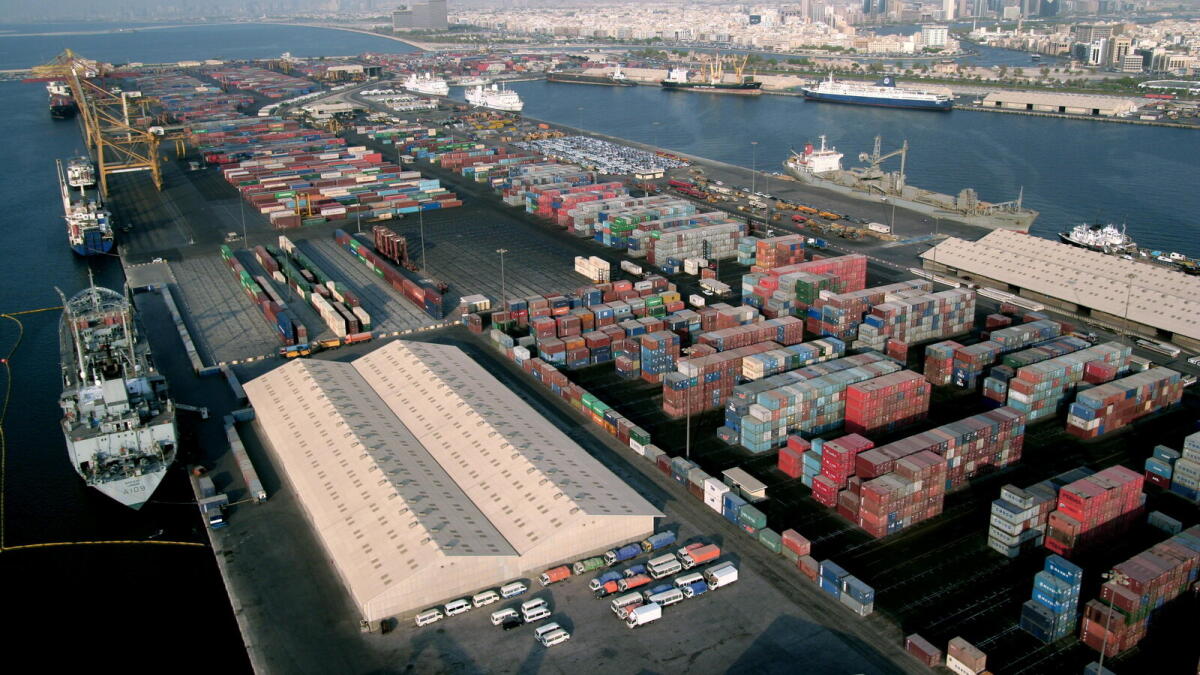The British government is making efforts to secure a free trade agreement with the Gulf Cooperation Council (GCC) countries, including the UAE, Bahrain, Kuwait, Oman, Qatar, and Saudi Arabia. The talks for the FTA began in 2022 and have reached their sixth round in February this year. Both sides are optimistic about the potential economic benefits that an FTA agreement could bring, with an estimated total trade value of around 59 billion pounds between the GCC and the UK.
The UK government sees the FTA negotiations as a way to boost economic ties with the GCC countries and provide new opportunities for companies from both sides. With investments worth £19 billion in each other’s economies by 2021, the FTA is expected to further strengthen the trade and investment relationship. The UK’s Business and Trade Secretary Jonathan Reynolds has outlined the government’s priorities for trade deals, starting with negotiations with the GCC, India, Israel, South Korea, Switzerland, and Turkey.
The recent sixth round of free trade talks between the UK and the GCC ended positively, with both sides making progress in various policy areas. The UK’s trade and investment relationship with the UAE alone is worth more than £25 billion, making the Emirates one of Britain’s significant trading partners. The UAE has also invested more than £10 billion in the UK over the past three years, indicating a growing economic partnership between the two countries.
With over 13,500 UK companies exporting to the UAE, the prospects for further trade growth are promising once the UK-GCC Free Trade Agreement is finalized. The UK government is committed to supporting businesses in accessing international markets through high-quality trade deals, job creation, and economic growth. The UK’s export strength, ranking as the world’s fourth-largest exporter in 2022, along with its globally admired goods and services, positions it well for international trade opportunities.
Aside from FTAs, the UK government plans to publish a trade strategy that aligns with its industrial strategy, enhances economic security, and supports its net zero ambitions. The focus is on creating new opportunities for UK businesses to expand into dynamic economies such as India, which is projected to become the world’s third-largest economy by 2027. A trade deal with India would provide UK businesses with better access to a growing market of middle-class consumers, ensuring long-term growth and prosperity.











